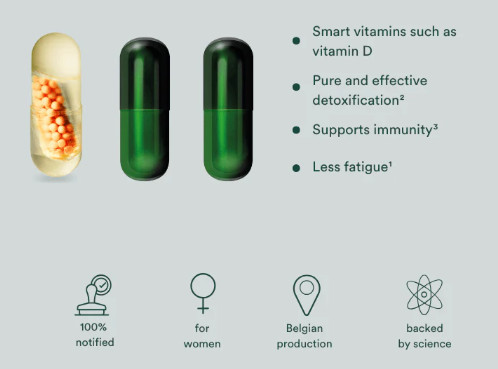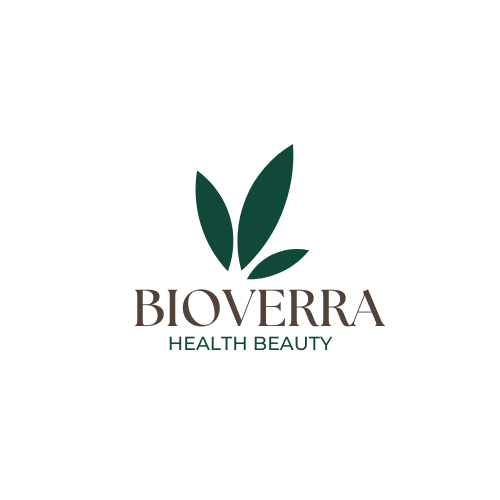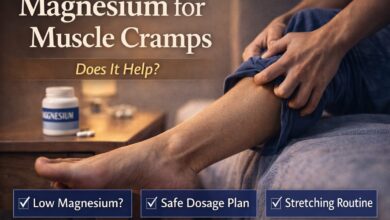Smart Supplements vs. Traditional Nootropics: Key Differences You Should Know

The world of brain boosters can be confusing. Terms like smart supplements and nootropics are often used interchangeably, but they don’t always mean the same thing. Understanding the differences can help you make smarter choices for your cognitive health. In this article, we’ll compare smart supplements vs. traditional nootropics in terms of ingredients, effectiveness, and safety.
What Are Nootropics and How Do They Compare to Smart Supplements?
-
Nootropics: Originally defined in the 1970s as compounds that enhance learning, memory, and brain function without harmful side effects. Many nootropics are synthetic (lab-made).
-
Smart Supplements: A modern, broader category that includes both natural and synthetic substances designed to support brain health, focus, and clarity.
👉 Simply put: all smart supplements can be considered nootropics, but not all nootropics qualify as smart supplements (due to safety and formulation differences).
Key Differences in Ingredients and Formulations
-
Traditional Nootropics: Often synthetic, such as Piracetam or prescription drugs like Modafinil.
-
Smart Supplements: Typically blends of natural herbs, vitamins, amino acids, and sometimes mild synthetic compounds.
📌 Example:
-
A nootropic might be Piracetam (synthetic).
-
A smart supplement might be Bacopa Monnieri + Omega-3 + L-Theanine (natural mix).
Effectiveness: Which Works Better for Cognitive Performance?
-
Nootropics: Some are very potent, offering rapid effects on focus, memory, or alertness. However, results may vary and often require medical supervision.
-
Smart Supplements: Effects are usually gentler and build up over time, making them more suitable for everyday use. They aim for balance, not just peak performance.
👉 Best choice depends on whether you’re seeking long-term support (smart supplements) or short-term intense results (nootropics).
Safety Profiles: Smart Supplements vs. Classic Nootropics
-
Nootropics: While effective, some can cause side effects like insomnia, anxiety, or dependency if misused. Prescription nootropics should only be taken under medical guidance.
-
Smart Supplements: Generally safer, especially those based on natural compounds. Still, overdosing or mixing with medications may pose risks.
📌 Rule of thumb: natural smart supplements = safer for daily use.
Choosing the Right Option for Your Lifestyle and Goals
-
Students: Smart supplements may help with sustainable focus and memory during long study sessions.
-
Professionals: A balance of natural smart supplements works well for productivity and stress management.
-
Medical use cases: In some cases (e.g., ADHD, narcolepsy), prescription nootropics may be necessary — under doctor supervision.
👉 Always align your choice with your health needs, lifestyle, and long-term goals.
Conclusion
While nootropics and smart supplements share the same goal — improving cognitive performance — they differ in approach, ingredients, and safety. Nootropics can be powerful but sometimes risky, while smart supplements offer a safer, natural, and more sustainable path to mental clarity and focus. The best choice depends on your personal needs and how much risk you’re willing to take.




